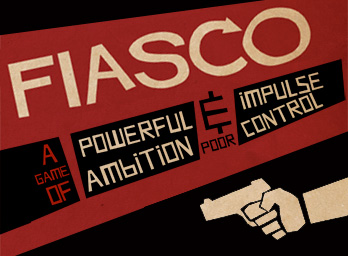I'm not quite sure what it means to "encounter" a room. But what I said in the post that you quoted is that no "encounter" happens in room 3 if a Halfling walks through it. I am using "encounter" as a shorthand for this fairly traditional idea, from Gygax's PHB p 103:
TRAPS, TRICKS, AND ENCOUNTERS
During the course of an adventure, you will undoubtedly come across various forms of traps and tricks, as well as encounter monsters of one sort or another.
A Halfling who walks through room 3 (and doesn't search for traps, drop rocks from a height, jump hard, etc) will not come across any trap or trick, nor encounter monsters of any sort. They will make it to room 4, where an encounter (with the Bugbear boss and friends) will take place.



